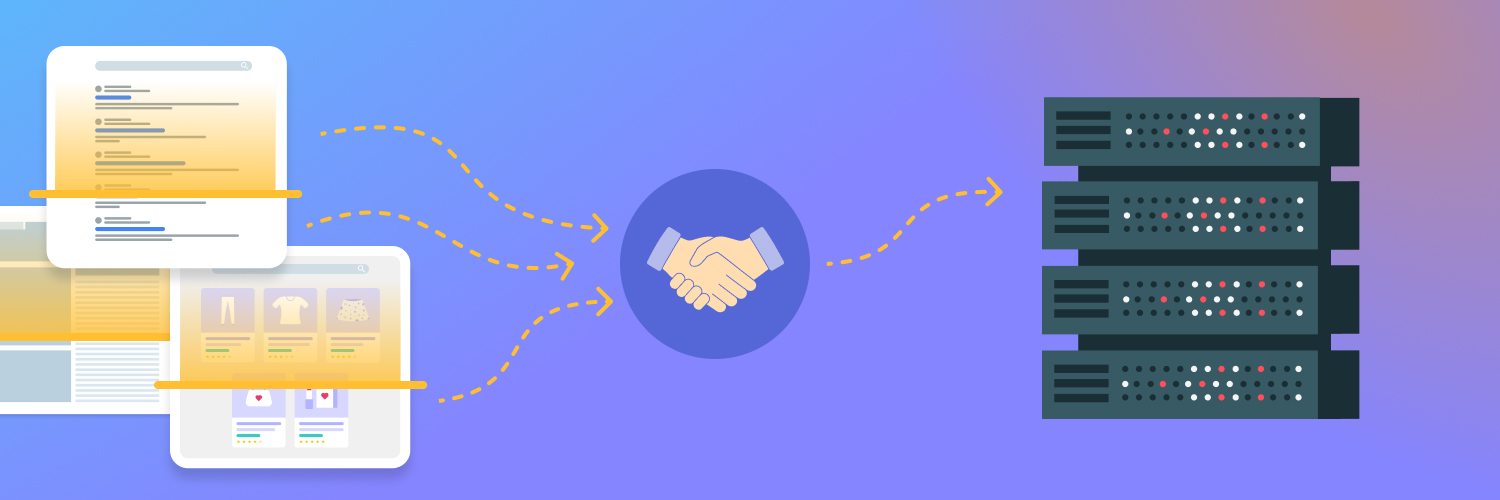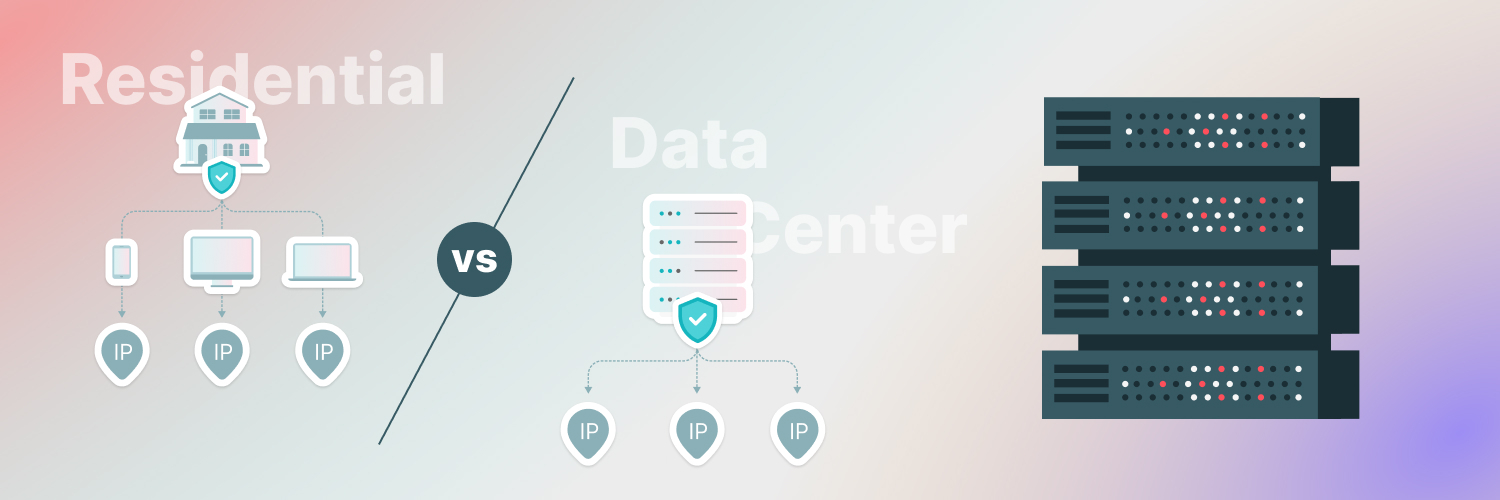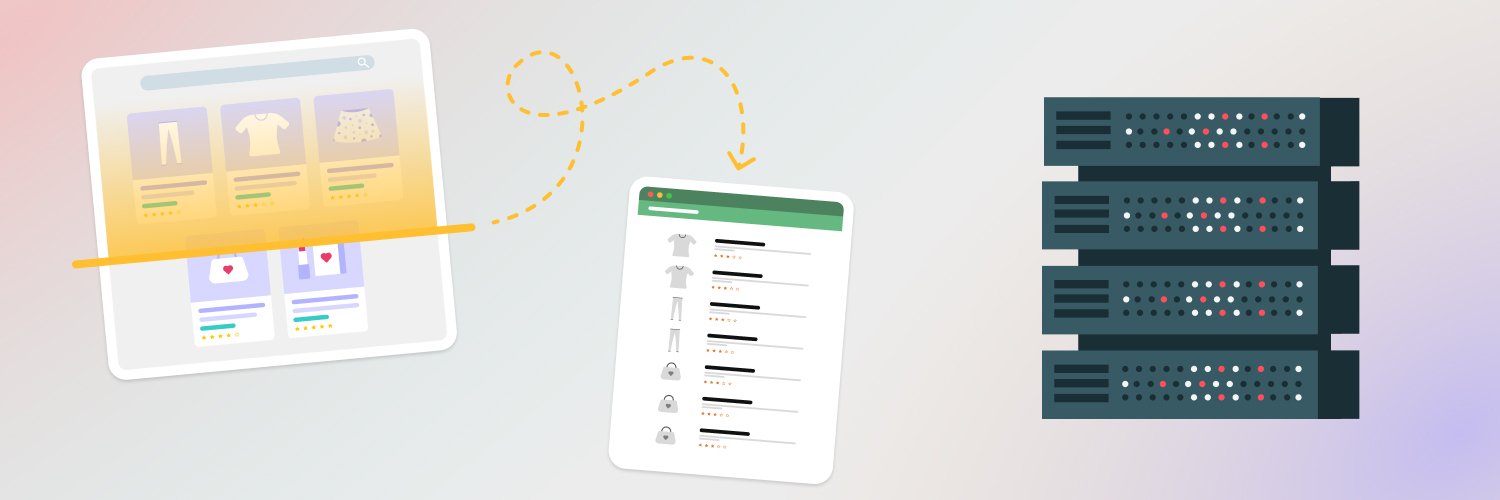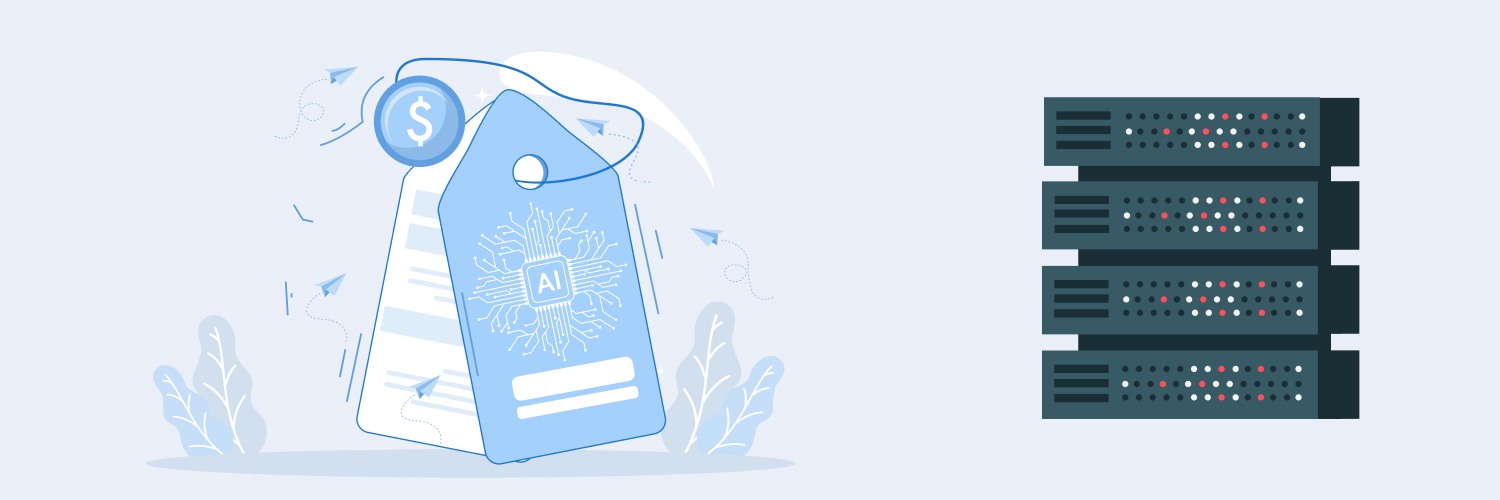Use Proxies for Employment Data Collection To Find the Best Talent
Your business’s biggest asset is your staff: the people who make decisions on your behalf, produce your offerings, and keep things running. There’s nothing more important for the average company than hiring top-quality talent and keeping them around. Your company is no exception.
Prioritizing your staff is a great way to keep your firm competitive. The trick is learning how to attract the level of talent that you want.
Luckily, the answer is simple: Do your research through employment data collection. It’s a powerful, effective way to learn what attracts quality candidates to a potential employer. You need to collect a lot of data, though: compensation rates, job duties and titles, and the number and types of open positions.
To get all that data into your hands quickly, you can’t go wrong by using web scrapers with proxies.
Why Your Business Should Begin Employment Data Collection

Your company wants to hire the best possible person for every job. But you need to keep an eye on your budget. So you need to walk a fine line between offering employees the compensation they deserve and not overpaying them.
Employment data collection is the best way to figure out how to walk that line. Your business doesn’t exist in a vacuum, after all. The people you want to hire will also be considering other posted employment opportunities.
Scrape at Scale With Chromium
Playwright-compatible. Self-hosted. Built for real infrastructure.

When you know how the general employment market is doing in your area, you can perform employment data analysis and make better decisions. Here are a few of the ways you can use employment data collection to improve your business.
Learn about competitors
If you want to offer competitive employment packages, you need to know your area’s employment situation. If you’re going to hire the best talent, you need to provide them with something better than what other businesses offer. First, though, you need to identify your actual competition.
Your local business competitors aren’t necessarily your biggest competition for talent. From accountants to C-suite executives to welders, many employees can find work in several fields. You should learn about the companies hiring people with the skills you need, not just those who offer similar products or services.
Job sites are a great resource to learn about this. You can check job sites to learn about county employment data. You can also study census employment data to learn about similar jobs in your area. You’ll get an overview of your actual competition in multiple fields, giving you a better view of the employment market you’re in.
Offer competitive benefits
Once you know who you’re actually competing with, you can set your compensation rates more effectively. When you study employment data by state, you can collect the pay rates and the benefits packages for jobs like your own. That gives you invaluable information for balancing your budget and your need for top-tier talent.
With a clear view of other firms’ benefits and compensation packages, you can set your own rates. You’ll have the information you need to decide where you want to position yourself in the job market. If you research all the jobs your company offers, you can even prioritize the positions that you need most in your budget.
Learn about market changes
Studying employment rate data shouldn’t be a one-off event. The market changes all the time, and your business needs to change with it. You can perform employment data collection regularly to keep an eye on how the market is doing overall.
For example, you can learn a lot about your competitors by checking what positions they’re hiring for and at what rates. Many open positions may mean that they’re expanding, or it may mean that they’re struggling to keep people. Similarly, frequently posting the same jobs almost certainly means that they’re suffering from high turnover, which is likely good news for you.
You can also compare your own business to your competition. Check out the employment data by country to learn what national averages are. If you’re currently paying significantly under the typical market rate, it’s probably a good idea to start increasing compensation. Meanwhile, if you’re paying over market rates, you can feel confident that your staff will stick around.
Why Scrape Employment Data Sheets and Job Sites?

How should you go about collecting all that job site and competitor employment data, to begin with? The answer is with a web scraper. There are simply too many job sites and too many posts for you to do your research by hand. A web-scraping program can help you quickly gather the data you need and save you time.
How Web Scraping Works
Web scraping is the process of using a bot, an automatic piece of software, to collect information for you. The bot can be programmed to look for certain types of information on a webpage, including different file types and elements of HTML. You program the bot with the information you want it to collect, you give it a target website, and then you wait a few minutes.
While you’re waiting, the web scraper is doing a lot of work. It’s visiting every page you targeted and looking for the information types you designated. When it spots that information, it copies the data to give to you.
Some web scrapers can visit multiple pages per second. Depending on the size of the website and the amount of data you want to collect, a web scraper may be able to collect all the information you want in just a few minutes.
You can target web scrapers at all sorts of sites. Job sites are typical targets for employment data collection, but they’re not the only option. You can also target government sites to learn about census employment data, county employment data, employment data by state, and even national numbers. A lot of this information is buried in employment data sheets that are difficult for humans to find but easy for bots to discover.
Why Do You Need Proxies to Scrape Employment Rate Data?

Proxies are an essential tool if you’re going to scrape data. That’s because of how web scrapers work.
Web scrapers working as quickly as they do is great for you, but it can present problems on some sites. Many sites are only prepared to support a certain number of visitors per minute. While large websites can handle tens of thousands of visitors, smaller sites can only manage a couple hundred. Topping that limit can crash smaller sites. Some hackers will use that against them: They’ll use bots to overload a website and crash it with a distributed denial of service (DDoS) attack.
As a result, many sites have protection built in. If a site spots too many visits coming from a specific IP address in a short period of time, it will block that IP. If a web scraper goes too fast, it can trigger the same protection. That leaves your IP address blocked before you can collect all the data you need. Luckily, proxies are easy to use and can help you scrape sites without a problem.
What’s a Proxy?
A proxy is a kind of shield for your IP address. Instead of leaving your company’s IP address available for anyone to see, a proxy gives you a different address that isn’t attached to your computers. You can work with a proxy provider to access multiple proxies. If one proxy gets blocked by an overprotective website, you can switch to another and keep doing your research without interruption.
What Kind of Proxy Do You Need?
There are two kinds of employment data collection proxies you can use: residential and data center proxies.
Data center proxies are hosted in data centers. These proxies use IP addresses that aren’t connected to a specific location, making them both less expensive and more likely to be spotted by a website. You can use a data center proxy, but it’s more likely to involve interruptions.
On the other hand, residential proxies are IP addresses that are connected to a physical residence. Because these IP addresses look like regular internet users, they’re less likely to trigger a block. That makes residential proxies more reliable for your business.
That reliability is essential. You need to choose a reliable, ethical proxy provider to make sure your data is accurate. Some proxies — particularly residential proxies — can be unethically sourced. Proxies from unethical providers have a higher fail rate and can turn your business into a bad corporate citizen. When you’re looking for a proxy provider, make sure you only work with an entity that follows a strict code of ethics and explains its sources.
In Summary
Your company will be able to hire better talent and keep churn low by making the most of employment data collection. When you use web scrapers with secure residential proxies, you can collect all the information you need to perform employment data analysis and make better decisions. If you’re ready to start your research, you can start learning how to use proxies for your web scraping today.
Scrape at Scale With Chromium
Playwright-compatible. Self-hosted. Built for real infrastructure.

The information contained within this article, including information posted by official staff, guest-submitted material, message board postings, or other third-party material is presented solely for the purposes of education and furtherance of the knowledge of the reader. All trademarks used in this publication are hereby acknowledged as the property of their respective owners.



